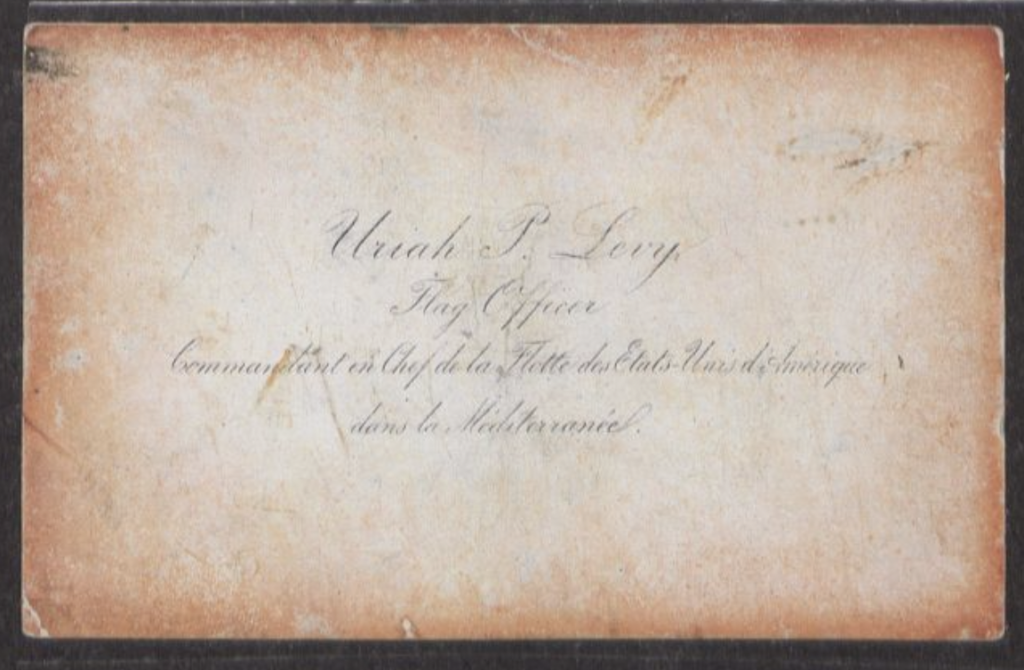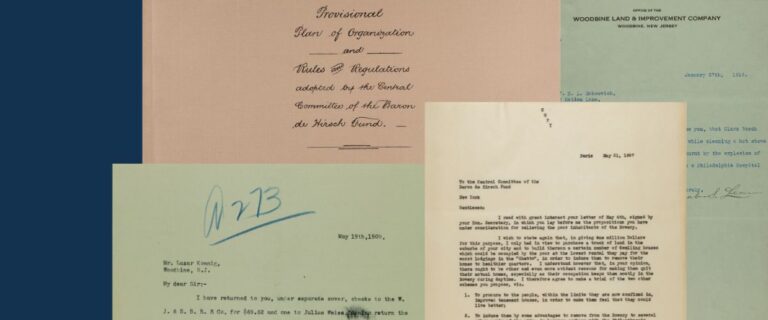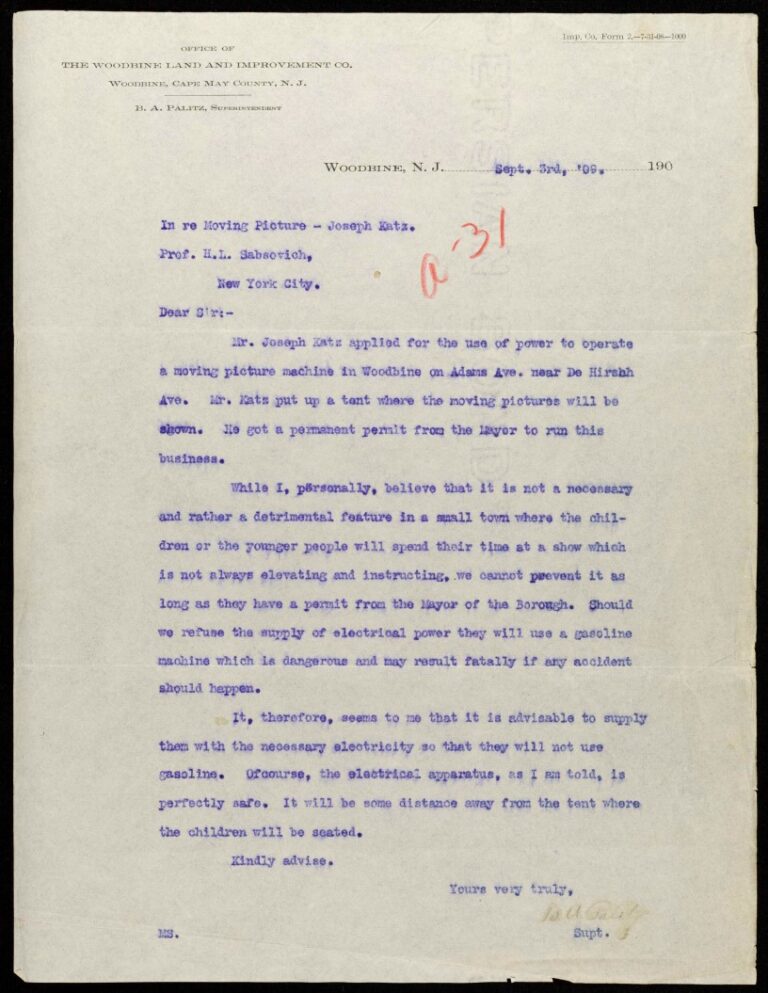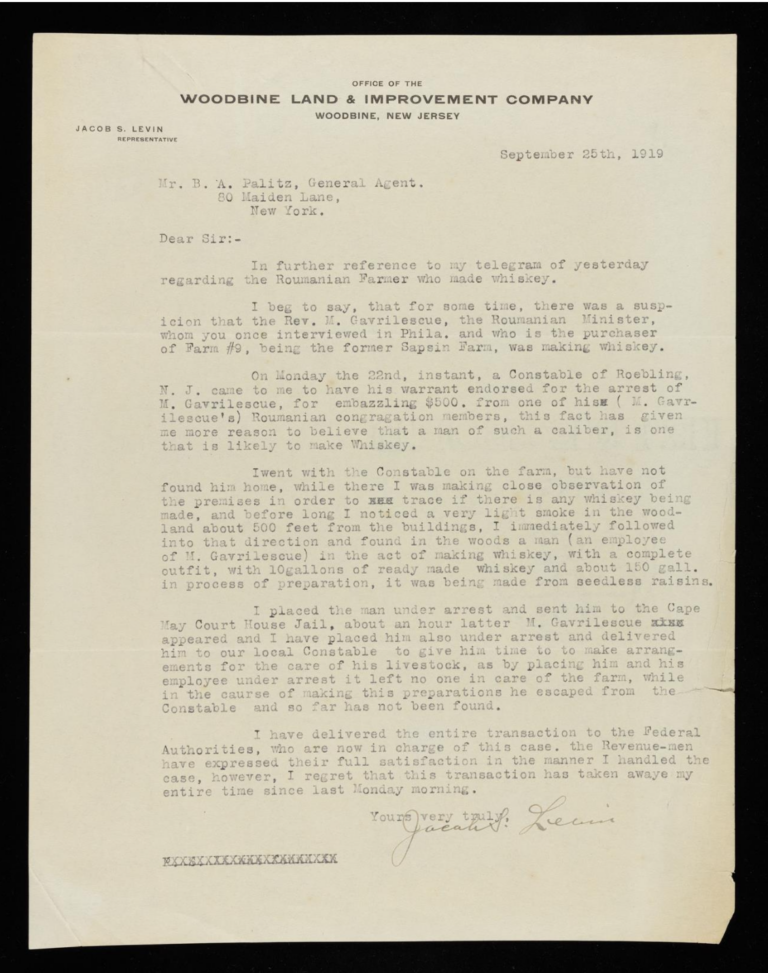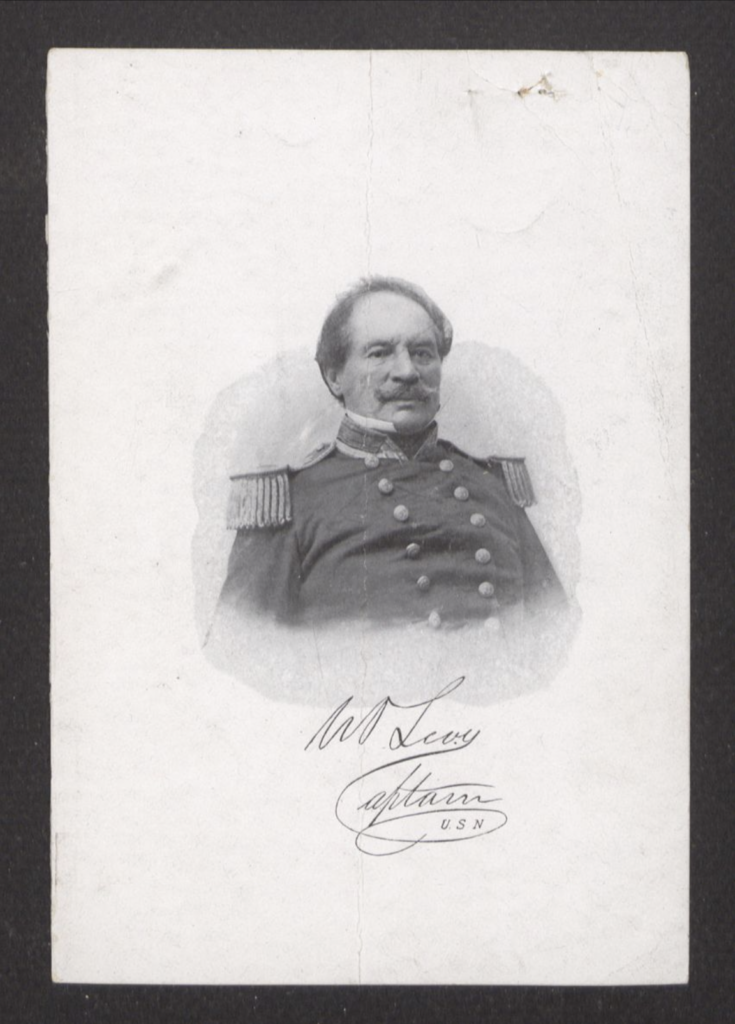
Uriah P. Levy was born in Philadelphia on April 22, 1792, to Michael and Rachel Phillips Levy. His love of the sea was evident from an early age: at just ten years old, Levy ran away to join the crew of the “New Jerusalem” as their cabin boy. Upon returning home (just in time for his Bar Mitzvah), Levy completed a four-year apprenticeship under Philadelphia ship owner John Coulter and attended two years of marine navigation school. Just one year into his new position as captain and one third owner of the schooner “George Washington”, Levy voluntarily joined the U.S. Navy at the outbreak of the War of 1812.
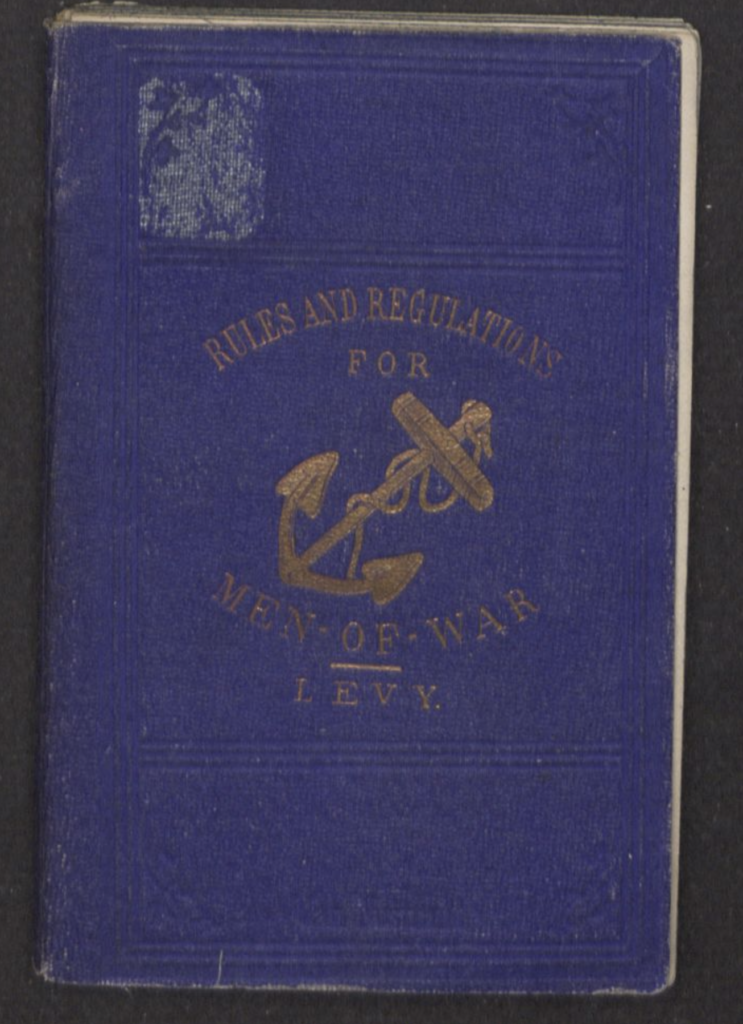
The story of Levy’s career in the U.S. Navy from 1812 to his death in 1862 has been well documented. So too has his great admiration of Thomas Jefferson and his decision to purchase and restore Jefferson’s home at Monticello – the latter of which being the subject of the 2022 documentary film “The Levys of Monticello.” Lesser known, however, is the story of how he fought to abolish the practice of flogging in the U.S. Navy.
In 1849, Levy published (at his own cost) “An Essay on Flogging in the Navy; Containing Strictures Upon Existing Naval Laws and Suggesting Substitutes for the Discipline of The Lash”. In his Essay, Levy argues for a modern alternative to the “punishment by stripes” – a practice which he describes as “ancient”. Further writings and speeches caught the interest of John Hale, a senator from New Hampshire, who would go on to incorporate Levy’s views in an anti-flogging rider to the Naval Appropriations Bill of 1850. In 1861, Levy used his new position on the Court Martial Board in Washington to produce a “Manual of Internal Rules and Regulations for Men of War.” The manuscript, which was provided free of charge to anyone who asked, included more humane alternatives to corporal punishment. In the wake of the civil war, congress ended its regulation of the naval services and flogging was officially outlawed in the Navy on July 24th, 1962. Though he died just a few months earlier on March 26, Uriah P. Levy was able to count this triumph among his many notable accomplishments.
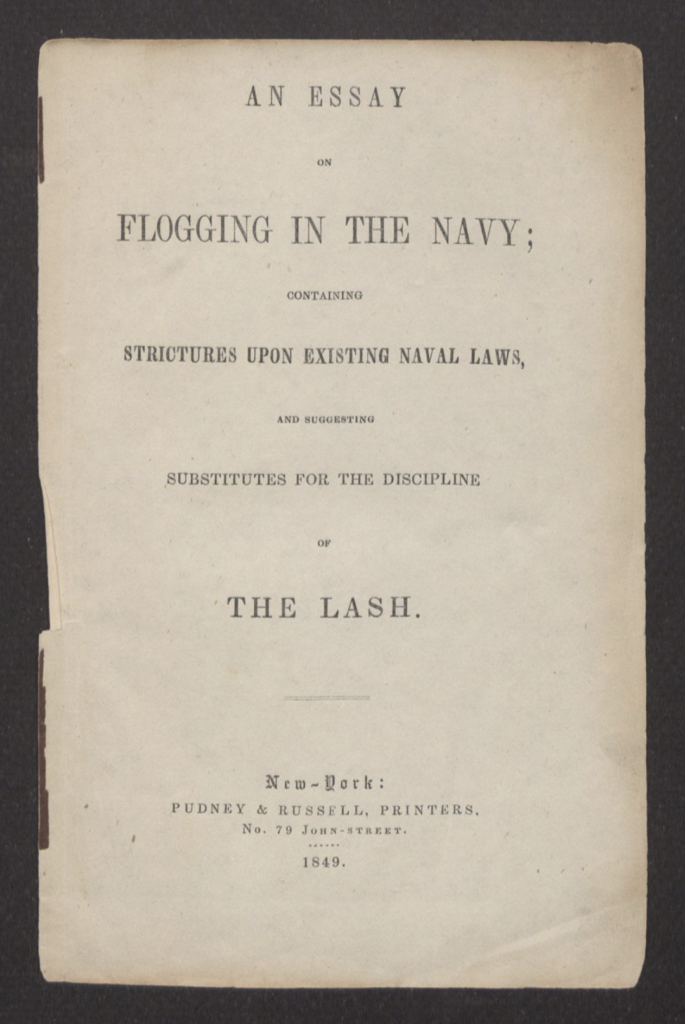
The Uriah P. Levy Collection (P-43) contains copies of each of these publications, along with correspondence, portraits, personal papers and later documents pertaining to the life of Uriah P. Levy.
